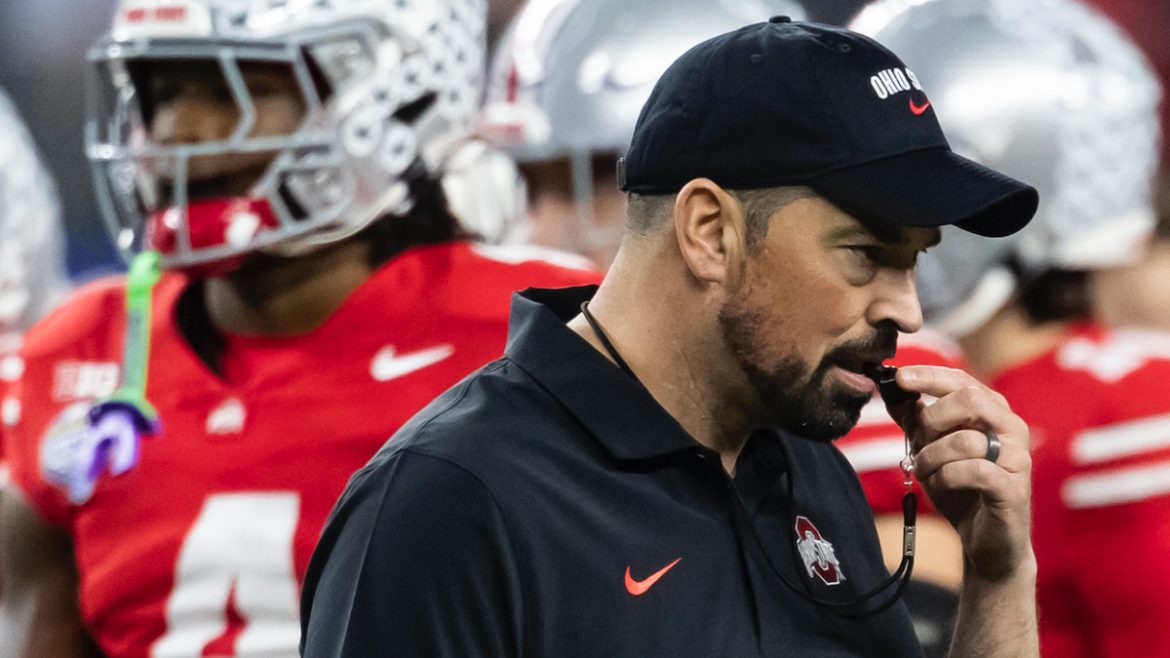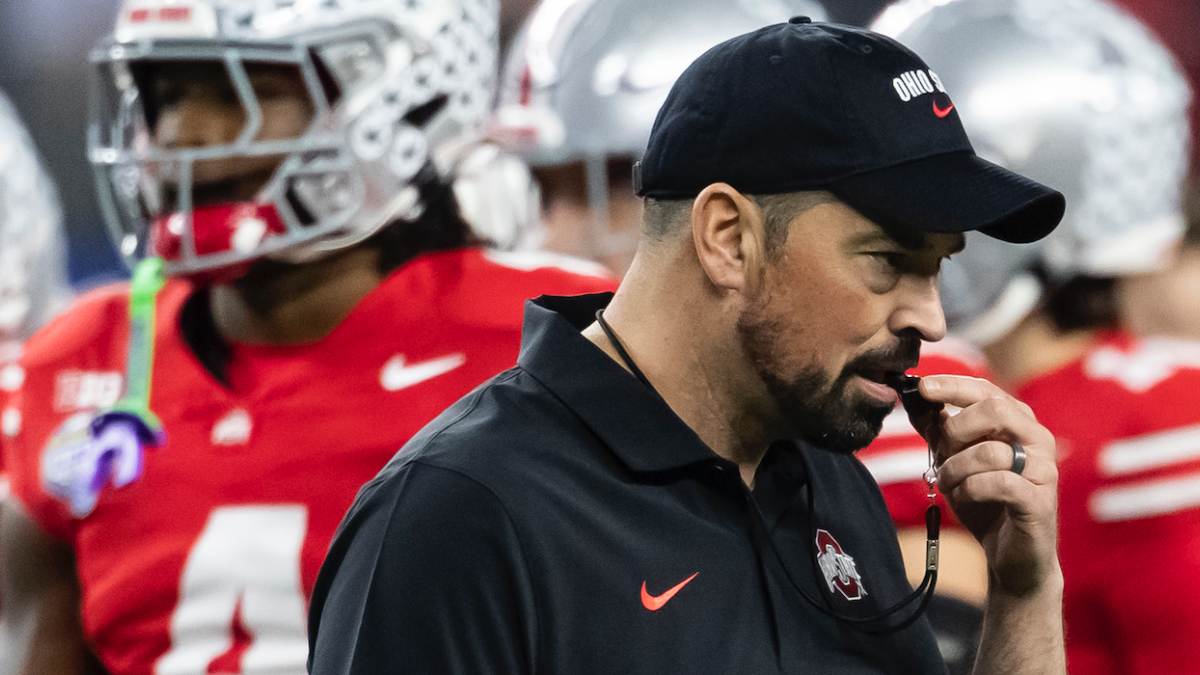The Rising Triumvirate: Ryan Day Channeling Nick Saban and Kirby Smart’s College Football Dominance
College football’s coaching landscape has been reshaped dramatically over the past decade, with Nick Saban’s unprecedented reign at Alabama setting a high watermark for success. As Saban steps back from active coaching, two figures—Ryan Day of Ohio State and Kirby Smart of Georgia—have emerged as the sport’s most formidable strategists, continuing and evolving the Saban legacy. Their influence not only sets the tone for elite competition but should also be a source of genuine apprehension for the rest of the college football world.
—
The Saban Blueprint: An Era Defined by Excellence
Nick Saban’s tenure at Alabama since 2007 has been nothing short of legendary—accumulating six national championships and five SEC titles. His relentless focus on detail, recruitment prowess, and adaptability have rewritten success standards. Saban’s influence extends beyond victories; he has shaped a culture that demands excellence and consistently redefines what is achievable in college football. His leadership and methodology created a dynasty that others could only aspire to emulate.
—
Kirby Smart: The Legitimate Heir of the Saban Legacy
Kirby Smart, once an assistant and defensive coordinator under Saban, now stands as the heir apparent within the Southeastern Conference (SEC) and arguably the entire sport. After taking over Georgia’s program, Smart’s approach—rooted in Saban’s philosophies—has propelled him to national prominence, capturing multiple SEC titles and securing a national championship. Despite lingering comparisons to his mentor, Smart has carved a distinct identity characterized by aggressive defense, dynamic offense, and top-tier recruiting.
Smart’s status is cemented not only by on-field success but by his growing influence in the SEC hierarchy, now seen as the “head honcho” following Saban’s retirement. His ability to maintain Georgia’s high performance signals a sustained era of dominance and establishes him as the central figure to watch in college football.
—
Ryan Day: The Emerging Force Channeling Saban and Smart
Ryan Day’s ascendance at Ohio State adds a compelling dimension to this coaching triumvirate. His recent national championship win underscored his ability to silence critics and validate his standing among the elite. Day’s coaching style exhibits clear parallels with Saban’s—meticulous preparation, in-game adjustments, and an emphasis on recruiting excellence. Notably, insiders and analysts alike have drawn striking comparisons between Day’s remarks and philosophies to those of Saban and Smart, underscoring the visible lineage of thought and strategy.
Day is not merely a Saban imitator but has adapted these philosophies to the unique challenges and culture of Big Ten football. His approach has established Ohio State as a perennial contender, confounding rivals and amplifying the competitive pressure on the rest of college football.
—
The Terrifying Implications for College Football’s Competition
The synergy among these three coaches should incite genuine fear among college football programs aiming for top-tier glory. Together, they dominate the most talent-rich conferences (SEC and Big Ten), consistently poach the highest-rated recruiting classes, and leverage a long-term vision rarely matched in sports coaching. Their impact is palpable:
– Recruitment Supremacy: Alabama, Georgia, and Ohio State have fifteen of the top fifteen recruiting classes since 2017, signaling a chokehold on emerging talent.
– Winning Consistency: From BYU lists to ESPN rankings, Smart and Day dominate best active winning percentages against ranked opposition, a testament to their sustained excellence.
– Cultural Dominance: Their teams not only win but showcase a culture of discipline, adaptability, and resilience—a formula increasingly difficult to disrupt.
For other programs, overcoming this trio is more than a game challenge; it’s an existential question. The high bar they set mirrors past dynasties in other sports but at a magnified scale due to the intricate, high-stakes nature of modern college football, which includes competitive recruitment wars and media-driven pressures.
—
Rivalries and Rival Reflections: The Day–Smart Dynamic
The narrative is enriched by the evolving rivalry between Ryan Day and Kirby Smart, often framed as the next titans to define college football’s top echelon. While Smart inherits the SEC mantle from his mentor Saban, Day represents the Big Ten’s relentless challenger. Their battles echo classic coaching rivalries but with contemporary stakes heightened by their personal coaching legacies and differing regional styles.
Discussions around whether one can supplant the other often surface—can Day catch Smart as the “King of College Football,” or does Smart’s SEC dominance provide an insurmountable edge? These questions fuel media discourse and fan anticipation, further elevating the stakes of their encounters.
—
Lessons from the Triumvirate: What Others Can Learn
Though replicating their success might seem daunting, coaches and programs can extract valuable lessons from Saban, Smart, and Day:
– Adaptation and Evolution: All three show a relentless drive to innovate and refine strategies season after season.
– Foundation of Culture: Success is built on ingrained discipline, focus, and shared vision that transcends individual players or moments.
– Recruiting Acumen: Mastering the recruitment landscape, nurturing relationships, and identifying talent early remain critical.
Their methodologies favor a long arc of development rather than short bursts of success, a mindset others can strive to emulate in pursuit of sustainable excellence.
—
A New Era of Collegiate Coaching: The Lasting Impact of Saban, Smart, and Day
As Nick Saban draws his coaching curtain, the college football world watches closely as Kirby Smart ascends to the throne and Ryan Day aggressively challenges him from another power base. This triad embodies a new coaching dynasty defined by innovation, adaptation, and dominance that reverberates across college football’s competitive landscape.
Their combined legacies raise the stakes for everyone else, demanding evolution in coaching practices, recruitment strategy, and program building. For fans, analysts, and rivals, these figures symbolize the evolving face of the sport’s highest level—a relentless pursuit of excellence that terrifies opponents and delights enthusiasts. College football’s future will be shaped by how well others can respond to, learn from, or disrupt this formidable new order.





